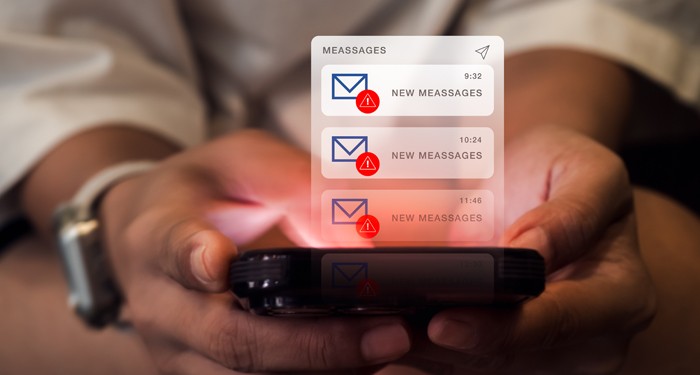What is a phishing scam?
A phishing scam occurs when individuals impersonate TNB using fraudulent emails, message, social media accounts or websites. These scams aim to deceive you into disclosing sensitive information, such as your electricity account details or payment information.
How to detect an phishing scam?
1. Check for Red Flags in Emails and Messages
Look out for suspicious email addresses, unusual logos, spelling errors and unprofessional language. Scammers often create emails that mimic official communication but may have slight inconsistencies.
2. Avoid Clicking on Unknown Links or Attachments
Do not open links or download attachments from suspicious emails or messages. These may contain harmful malware or viruses designed to steal your personal information including passwords and banking details.
3. Refrain from Answering Unverified Surveys or Quizzes
Scammers may use fake surveys, quizzes or contests claiming to be from TNB to trick you into providing personal details. Never share your NRIC, electricity account number or banking details in online forms unless verified through official TNB platforms.
How to protect yourself
1. Avoid Opening Suspicious Emails or Messages
Ignore emails or messages containing unknown links or attachments, as they may be harmful to your device. Always use TNB’s official payment channels.
2. Keep Your Personal Information Private
Do not share your NRIC, bank account details, credit card information, or electricity account details on untrusted websites or online platforms.
3. Verify with TNB
Confirm the authenticity of any messages or offers related to TNB by contacting TNB CareLine via:
- Call: 1300-88-5454
- Social Media: Facebook TNB CareLine & X @Tenaga_Nasional (24 hours)
What to Do If You’ve Been Scammed
If you suspect you've fallen victim to a scam, take immediate action by visiting the nearest police station to lodge an official report.
